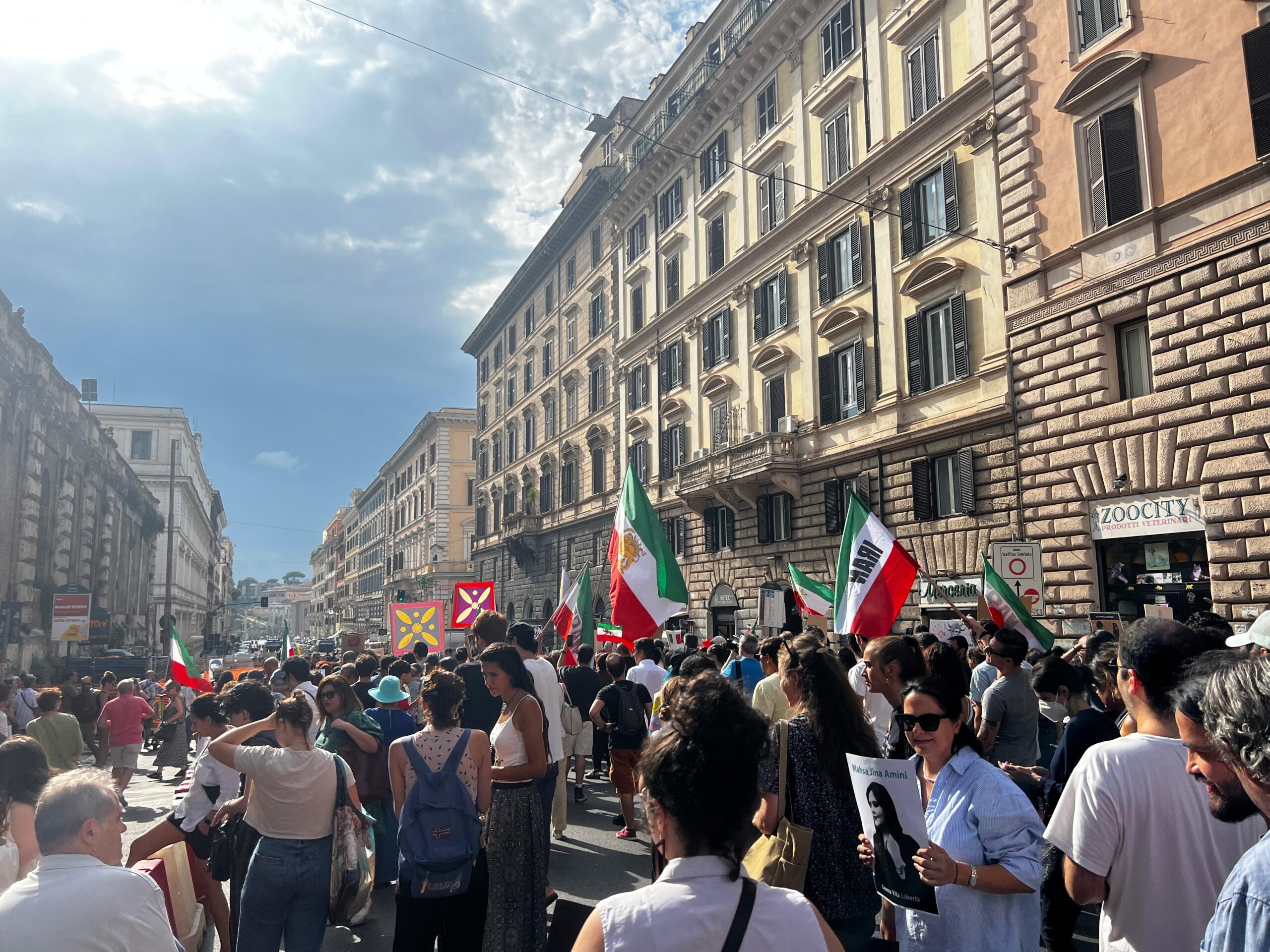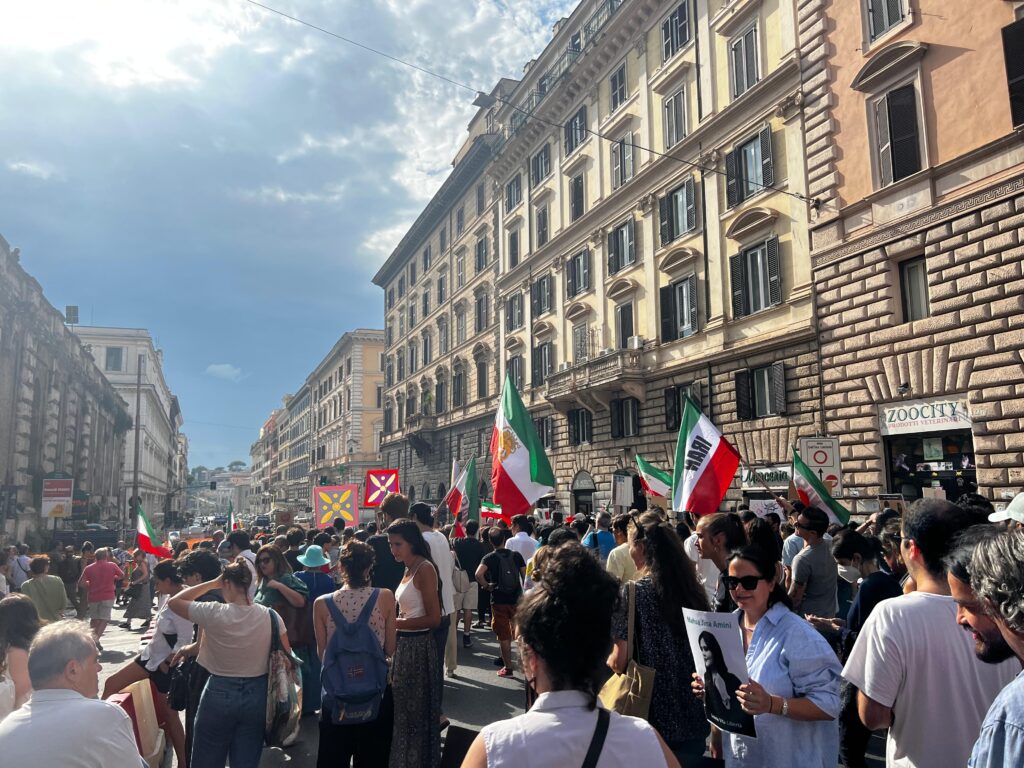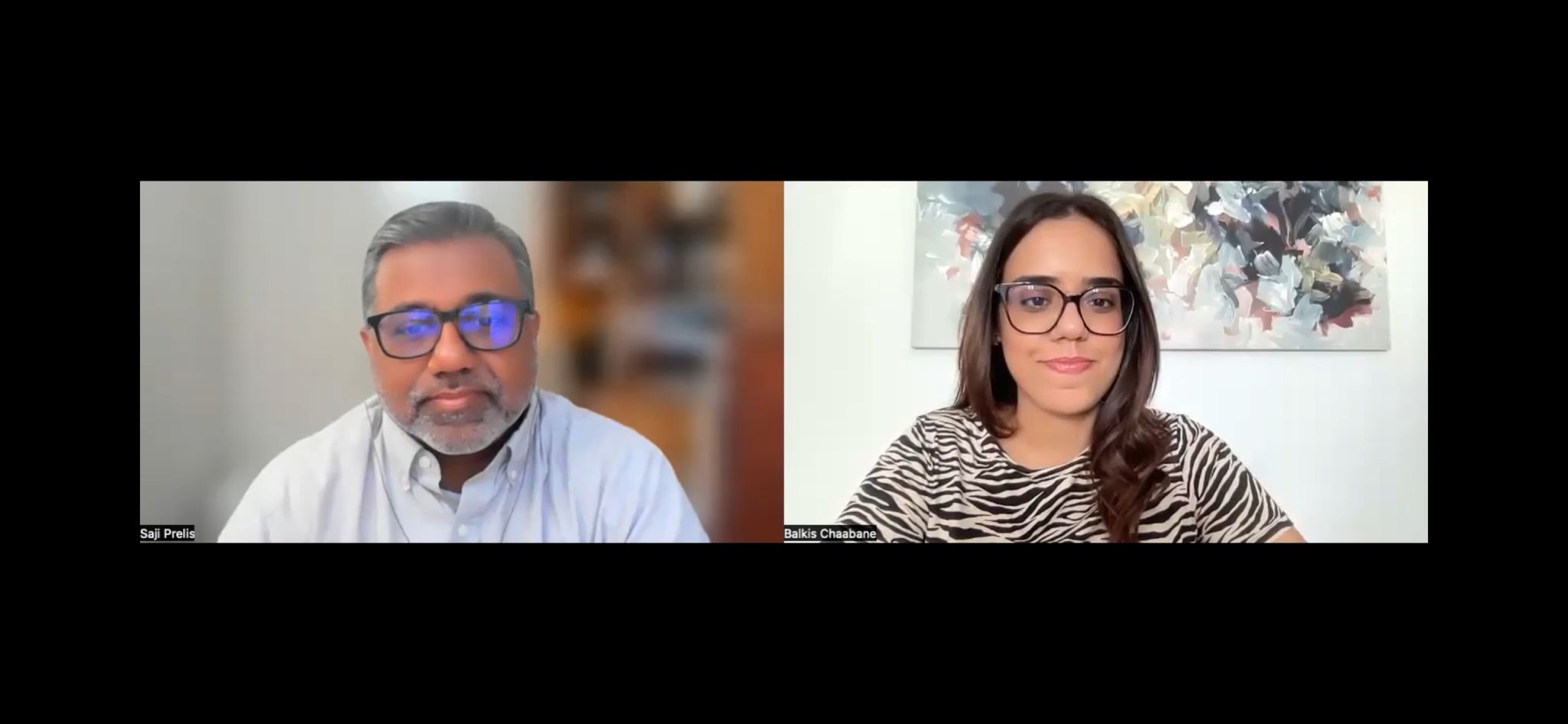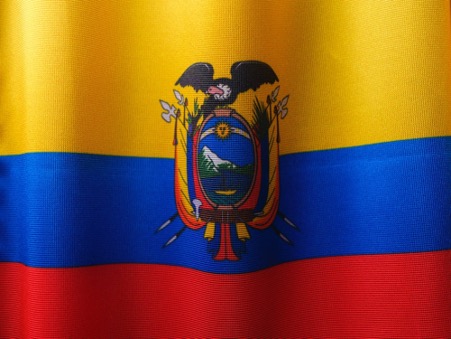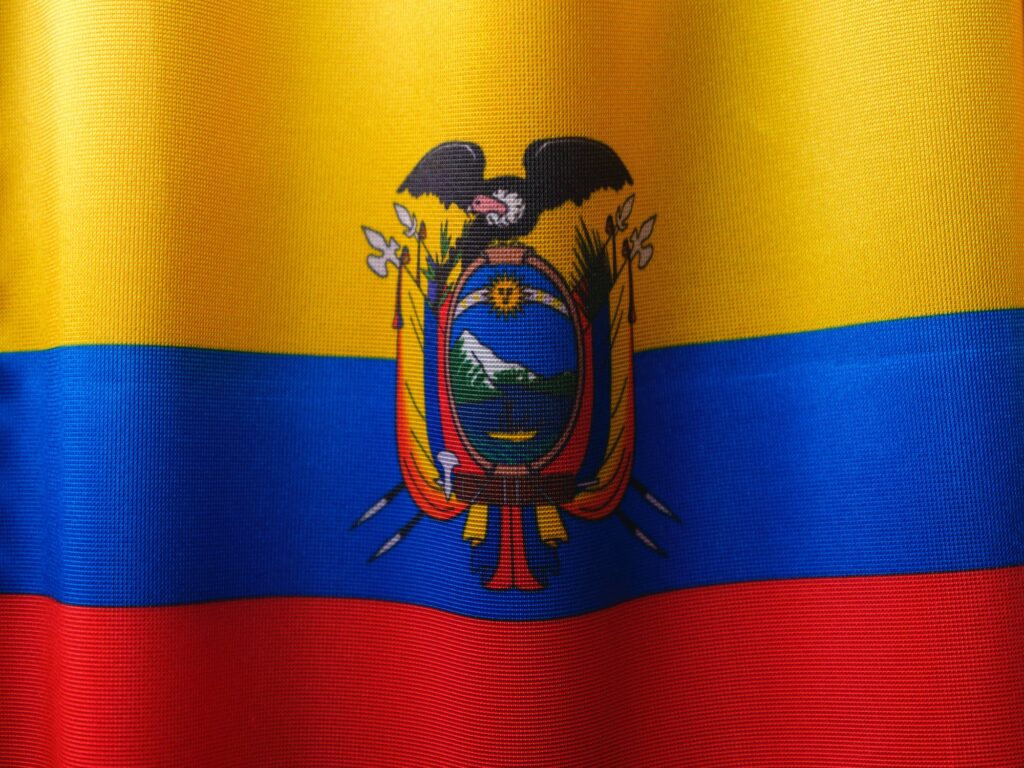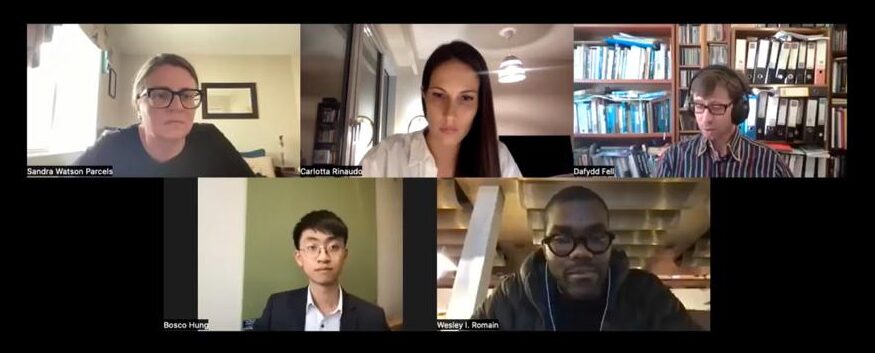Author: Giovanni Giacalone - Latin America Team
In mid-November 2023, the Italian State Police arrested two Ecuadorean citizens in Milan, both accused of armed aggression, about a fight that broke out on July 9th between two different Latin American groups outside a disco club in Sesto San Giovanni, a commune in the northern part of Milan’s metropolitan area.
The victim, a 20-year-old Peruvian citizen, was attacked with a machete, receiving blows to the shoulders and the chest; one of these strikes nearly hit his heart. The individual was hospitalized in critical condition at Niguarda Hospital only to be discharged days later with a prognosis of 90 days. Two other individuals who were accompanying him were also beaten with punches and kicks.
The two arrested attackers, both 23 years of age and Ecuadorian citizens, were identified as belonging to the "Chicago" Latin Kings gang.
The Sesto San Giovanni area has long been the scene of activity for this gang; it is no coincidence that last April an operation by the State Police, coordinated by the Milan Prosecutor's Office, led to the arrest of nine members of the Latin Kings Chicago, all aged between 20 and 36 (four Ecuadorian citizens, three Peruvians, one Salvadoran and one Argentinian), who have been accused of criminal conspiracy, attempted murder, personal injury, affray, damage, aggravated theft and dangerous throwing of objects.
The operation developed following investigations regarding an attack that occurred on 5 March 2022, in front of a well-known Sesto S.G. food stand in via Chiese, against the former leader of the rival gang MS13, known as “Kamikaze”; on that occasion, the Latin Kings had punched the victim, hit him with empty beer bottles and with a machete, severely wounding his hand.
The same members of the Latin Kings were also responsible for two fights that occurred on 30 April 2022 in a park in the Brenta hood and via Avezzana, both in Milan (including the theft of an electric scooter during the brawl) and on 30 June 2022 in Assago. Two of the fights were against MS13 members.
Furthermore, on the morning of November 6, 2022, some members of the same group attacked a group of Latin Americans not linked to any gang who were standing outside the "Caffe Glamour" nightclub in via Stamira d'Ancona. One of them was also repeatedly hit with a stone in the chest, back of the head and forehead while he was on the ground, and was consequently hospitalized with head trauma and several fractures.
At the beginning of October 2023, the nine detained Latin Kings Chicago members received their prison sentences: Milan’s Latin Kings leader, 35-year-old Kleber Miguel Cortez Cortez, alias “Cao”, was sentenced to two years of prison; 27-year-old Peruvian Jhonny Farfan Chavez, alias “Don”, leader of the “clique” of Cologno Monzese, was sentenced to 3 years.
The highest sentence, 3 years and 4 months, was inflicted on the 25-year-old Ecuadorian citizen Isaac Giovanny Velez Garcia, alias "Chukino", the main perpetrator of the attack outside the "Caffe Glamour". Five other Latin Kings members were placed in the house, while a sixth one was acquitted.
However, the most interesting aspect of the case concerns a phone interception dated May 15, 2022, between the leader of the Latin Kings Chicago of Milan, "Cao", and one of his compatriots where reference is made to the murder of the former Latin Kings Chicago leader in Ecuador, Manuel Zuniga “Majestic”, killed in an ambush in Quito on May 14, 2022. During the conversation, Cao stated that a member of their gang carried out the murder, boasting that the ambush took place at 7 AM and he received the photos of the murder scene, on his cell phone, ten minutes after it took place.

Cao then referred to a blood feud within the Latin Kings in Ecuador, explaining to his interlocutor that the gang was divided, that a few months earlier the other faction had killed one of their "Incas" (chief) and therefore they retaliated: "an Inca for an Inca." Cao went further and also explained that, according to rumours coming from Ecuador, it was another leader of the same Latin Kings "Chicago", referred to as "El Diablo", alias of Carlos Manuel Macias Saverio, who killed Majestic. Cao then stated that "Majestic was in charge of the Latin Kings, but the one who called the shots was El Diablo". Cao also speculated that Diablo could become the next target as the blood feud moves ahead.
“El Diablo” Carlos Manuel Macias Saverio is a heavy name in Ecuadorean organized crime, indicated by a member of his gang (alias “Junior”), in an interview with the British newspaper Daily Mail, as the point man in Ecuador for an organization of Albanian narcos led by drug lord Dritan Rexhepi. According to the Daily Mail investigation, the cocaine is loaded onto ships in the port of Guayaquil and then shipped to the European ports of Rotterdam and Antwerp.
Rexhepi was a long-time fugitive and was wanted by the Belgian, Albanian and Italian authorities as he had escaped in 2011 from Voghera prison where he was serving a sentence for attempted murder. In November 2023, Rexhepi was detected and arrested in Turkey.
Among other things, it should be highlighted that although Rexhepi had been arrested in Ecuador in 2015, he continued to manage trafficking from the Latacunga penitentiary, putting himself at the head of the Albanian "Kompania Bello" cartel.
In November 2021, Ecuadorean judicial authorities granted Rexhepi probation despite the serious crimes for which he was being detained, and the drug lord quickly disappeared.
In the summer of 2023, Ecuadorean media sources speculated that Rexhepi was hiding in a luxurious neighbourhood not far from the port of Guayaquil, but then in November, he was arrested in Turkey.
In the meantime, the whereabouts of Carlos Manuel Macias Saverio “Diablo” are still unknown. According to Ecuadorean sources, the individual controls the drug business in the Duràn area, east of Guayaquil. He is wanted for murder, and in 2014 he was also sentenced to 2 years and 4 months for drug trafficking and illegal possession of weapons.

